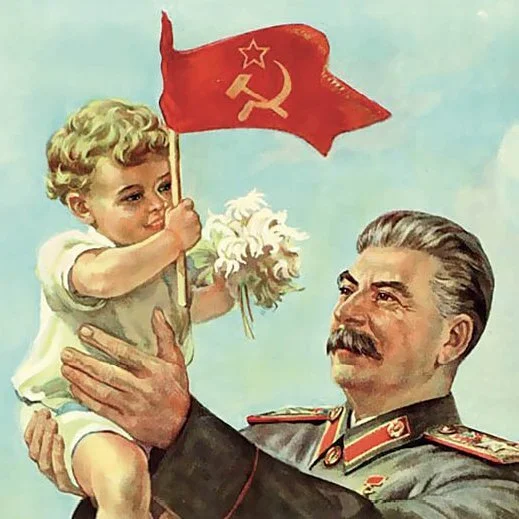- cross-posted to:
- parenting@lemmy.ml
- cross-posted to:
- parenting@lemmy.ml
A neat little anthropological piece contrasting child rearing strategies in hunter gatherer and industrialized societies. The piece seems to suggest that indigenous cultures teach unalienating forms of human relation, organizing, and mutual aid to toddlers; things that socialist orgs in capitalist societies struggle to teach adults. It sort of confirms my and Engel's suspicion that communist behaviors are natural and that we spend our lives unlearning them in order to become part of the armies of labor. Highlighting some quotes I found interesting:
From a young age, children freely explore their environment and spend much of their day outside in unstructured and unsupervised play or work.
Among the Pumé—hunter-gatherers living on the savannas of south-central Venezuela who my husband, graduate students, and other colleagues have periodically worked with since the 1990s—children spend many hours away from camp playing (27 percent of their day) and foraging (11 percent of their day). Boys typically fish and hunt for small game such as rodents, birds, or lizards, while girls gather fruit and firewood, dig for roots, and carry water from nearby streams to camp.
Two points highlight the contrast in children’s lives between these very different worlds: Hunter-gatherer children spend much of their time working and playing in mixed-age groups without adult supervision, and they are seldom taught through direct instruction; rather, they learn by doing. :mao-wave:
The takeaway from these examples is that in work, as in play, Pumé and Maya children are most often in one another’s company in mixed-age groups—watching, learning, teaching, setting their own rules, and figuring out their own social order.
My research has shown that Maya children under the age of 16 spend only about 1.8 minutes per day being instructed by a parent or adult. Pumé children ages 3–18 spend less than 1 minute per day being instructed. Other work elsewhere makes much the same point: Among the Tsimane (South American horticulturalists), adults spend less than 1 minute per day in child-directed speech.
Young children are also given a striking amount of latitude to make many of their own decisions. For example, on one memorable occasion, I was going house to house to get Maya parents’ signatures for their children to take part in a growth study. (Universities and granting organizations require that researchers obtain permission from children’s parents.) One parent looked at me and said: “Why are you asking me, why don’t you ask my daughter?”
What children learn from their peers is how to establish social order: organize among themselves, share responsibilities and rewards, engage in healthy competition, and develop the capacity for tolerance, coordination, and personal initiation. In short, how to become a successful participant in society.
They also learn to regulate their emotions and what is acceptable social peer behavior. Many anthropologists anecdotally remark that they rarely see a child throw a tantrum. Children fuss when they are being weaned, but once they can walk and start keeping the society of other children, it’s unusual for kids to have an outburst if they can’t get what they want. Once a colleague brought her toddler to the field, and while the little girl was quite advanced in knowing her letters and numbers, the Maya children she played with were dumbfounded when she would scream if asked to share a treat or toy with the other kids.
Anglo Adult: Throwing a tantrum over tendies is cool and normal.
A literal 5 year old indigenous child: :mao-wtf:



Of course! Appropriating two-spirit stuff is bad, but it's nice to know humans always knew something about gender was kinda queer. :comfy:
Well, people earlier in history were way more hardcore then me. People giving themselves bottom surgery with rocks and knives when I just want to look pretty and think long eyelashes look nice. I don't think I can compare myself to them at all. Nor would I probably have thoughts like this without the internet making unrealistically pretty art easily accessible.
I mean, even in pre-modern Europe there were cultures who inducted queer people into religious practice due to our perceived different way of connecting with the world. Even without the internet there were traditions with elders who helped guide people into social roles. Thinking of gender stuff as post-modern is a pretty common pitfall when really those ways of being were set aside by feudalism and capitalism to favor exploitation.
Yes, but I feel that people that desire to just be a normal woman/man/genderless entity from beyond the stars are more in line with that. My own brand of weirdness doesn't really have historical precedence.
Just let me say you're valid :kitty-cri-screm:
Jk...mostly.
:) thank you! it means a lot